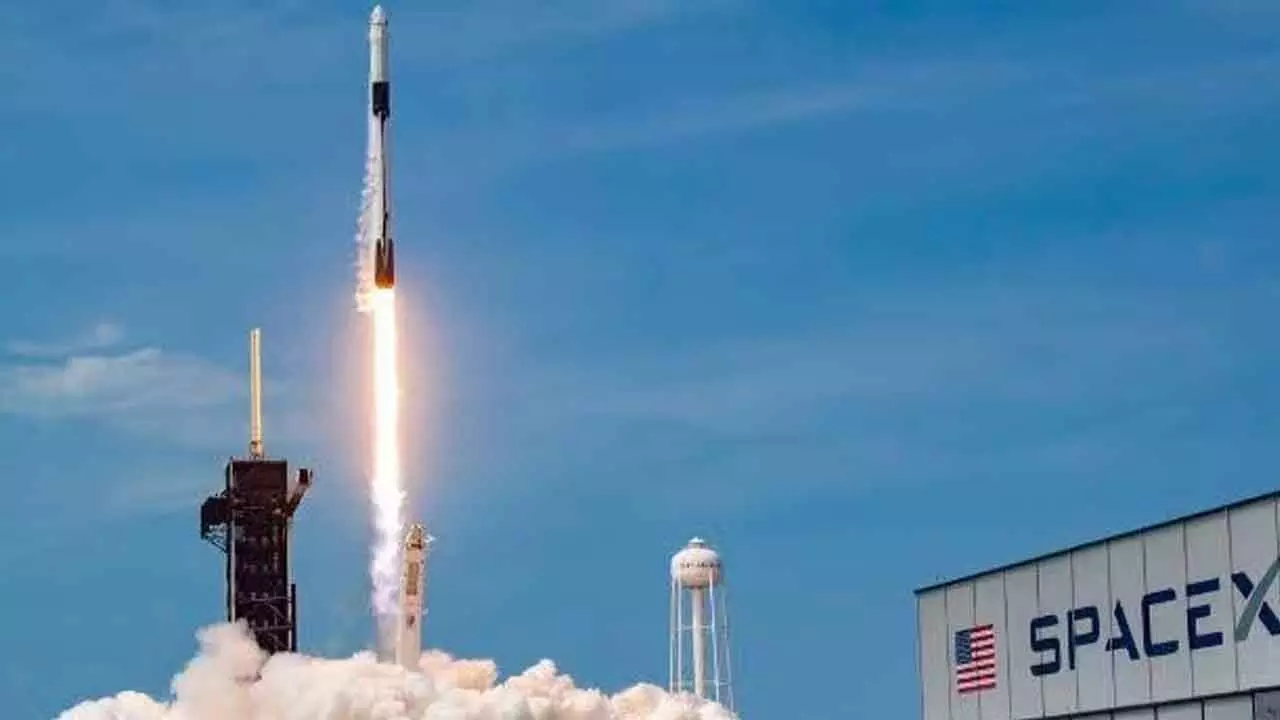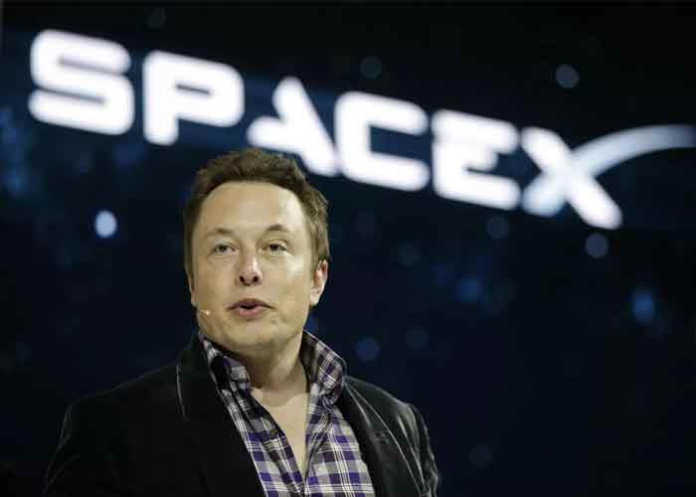SpaceX, the pioneering space company led by Elon Musk, has secured a monumental $733 million contract from the US Space Force. This contract will cover eight crucial launches for national security missions, solidifying SpaceX’s role as a key player in the defense and space sectors. Under the contract, SpaceX will conduct launches for the Space Development Agency and the National Reconnaissance Office, two agencies integral to US national security efforts.
This win is part of a broader initiative by the US Space Force’s Space Systems Command (SSC), which aims to promote healthy competition among space launch providers. The contract not only signifies a leap forward for SpaceX but also brings into focus the rapidly evolving relationship between private aerospace companies and governmental defense projects. But what does this major win mean for the future of space security, and how does it shape the dynamics of the space race?

SpaceX’s Growing Role in National Security
SpaceX has long been at the forefront of commercial space exploration, but its involvement in national security missions has grown steadily in recent years. This contract is the latest in a series of deals that solidify the company’s status as a go-to provider for sensitive government launches. The Space Development Agency (SDA) and the National Reconnaissance Office (NRO) rely on high-tech space solutions to support the defense of the United States, from intelligence gathering to developing advanced missile defense systems.
With this contract, SpaceX continues to prove that it can deliver not only commercial space solutions but also play a vital role in securing the US from potential threats. The fact that SpaceX was chosen for this high-stakes contract reflects its reliability, technical superiority, and ability to compete with established aerospace giants like Boeing and Lockheed Martin.
What’s Behind the US Space Force’s Decision?
The US Space Force’s Space Systems Command (SSC) has made a concerted effort to foster competition among private space launch providers, aiming to drive innovation and reduce costs. SpaceX’s Falcon rockets have revolutionized the space industry by offering reusable rocket technology, significantly lowering the price per launch. The company’s successful track record with NASA, along with its ability to innovate rapidly, makes it an attractive partner for national security missions.
By awarding SpaceX this contract, the US Space Force is not just banking on Musk’s ability to launch rockets but also placing a bet on the future of space technology. The agency hopes that increased competition will spur other companies to develop more efficient, reliable, and cost-effective launch systems.
The Implications for National Security
The contract between SpaceX and the US Space Force signals a growing trend: the increasing militarization of space. As tensions mount globally, space is becoming a critical frontier for national defense. Satellite networks are essential for intelligence, surveillance, and communications, and the ability to launch these assets into space quickly and reliably is of utmost importance.
The national security missions SpaceX will undertake involve deploying satellites and other classified assets that play a key role in the defense infrastructure of the US. With the emergence of space-based threats from countries like China and Russia, the importance of maintaining a robust and responsive space defense system cannot be understated.
SpaceX’s ability to offer reliable launches gives the US an edge in maintaining its dominance in space. The success of these missions could mean enhanced missile defense systems, improved intelligence-gathering capabilities, and a stronger national security posture overall.
How Does This Impact the Broader Space Race?
This contract is not just about national security. It also highlights the intensifying competition in the space sector, both within the US and globally. SpaceX’s success in winning such high-profile contracts positions the company as a leader in the global space race. Its advancements in reusable rocket technology have already set it apart, and now its role in defense only strengthens its competitive advantage.
But what about other players in the space race? Companies like Blue Origin, led by Jeff Bezos, and traditional aerospace firms like Boeing and Lockheed Martin, are also vying for similar contracts. SpaceX’s win may serve as a wake-up call for its competitors, pushing them to innovate faster and offer more competitive pricing to secure future government contracts.
Internationally, countries like China are heavily investing in space technology. China’s own space ambitions include manned lunar missions and space stations. As the space race heats up, contracts like these are crucial for maintaining the technological edge that the US has traditionally held in space exploration and defense.
What’s Next for SpaceX?
This $733 million contract is a major win for SpaceX, but it’s likely just the beginning. As the space industry evolves, SpaceX is positioning itself as a key partner not only for commercial space missions but also for national defense. With contracts like this, SpaceX is cementing its role as a cornerstone of US space capabilities, ensuring that the company remains a dominant force in the years to come.
The future looks bright for SpaceX, but it also raises some important questions. How will the company balance its commercial ambitions with the demands of national security? Can SpaceX continue to innovate at the same rapid pace it has demonstrated so far? And most importantly, how will the growing influence of private space companies shape the future of space exploration and defense?
As the details of this contract unfold and SpaceX prepares for these critical launches, all eyes will be on Elon Musk’s company to see how it continues to shape the future of space and security.

